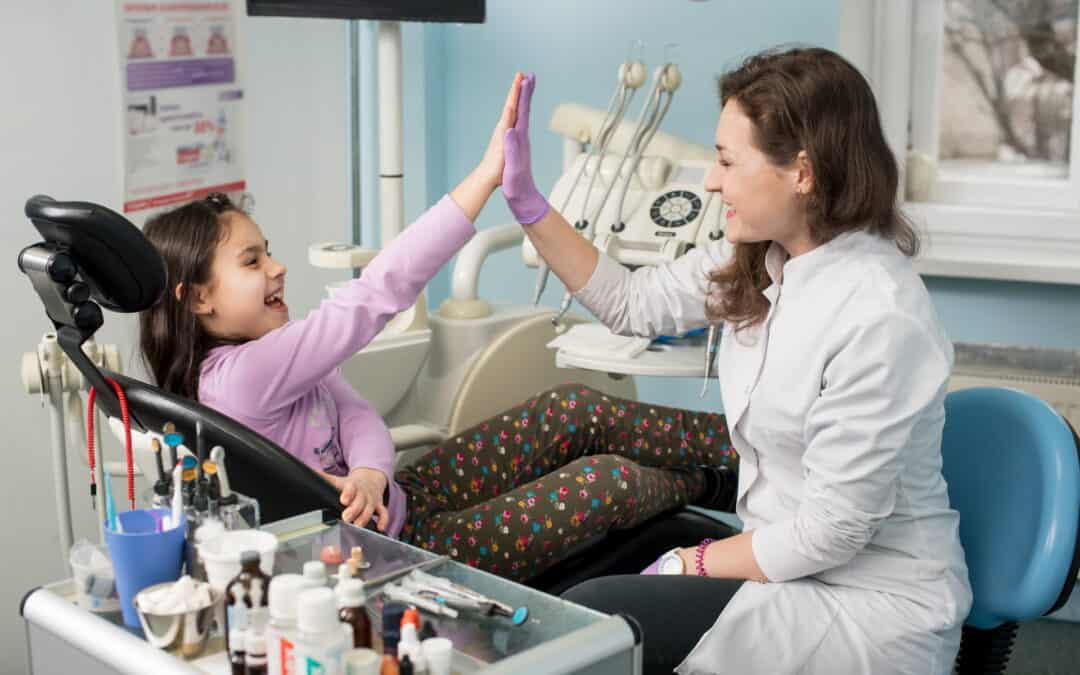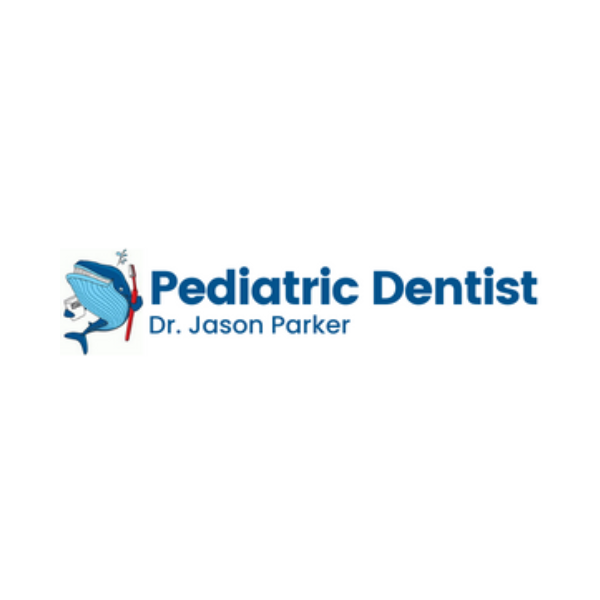Encouraging children to develop good oral hygiene habits is essential for protecting their permanent teeth. This phase in a child’s dental development sets the foundation for lifelong oral health, making it crucial to start early. Regular brushing, flossing, and visits to the dentist can prevent a range of dental problems that may arise later in life, such as cavities, gum disease, and more severe complications. Developing a routine will ensure your child’s permanent teeth stay strong and healthy for years to come.
When it comes to teaching oral hygiene habits for children’s permanent teeth, there are multiple methods that can make the process easier and more enjoyable. In this guide, we will explore various tips and strategies for fostering excellent dental care routines for kids.
The Importance of Oral Hygiene for Your Child’s Permanent Teeth
Establishing good oral hygiene early on not only ensures that your child’s permanent teeth grow strong, but it also helps prevent common dental problems. Take Sarah, a mom of two, for example. Her son was having trouble remembering to brush his teeth after meals. She consulted a pediatric dentist, and they worked together to create a fun, daily brushing schedule, which eventually became second nature to her son.
Pediatric dentists often stress the significance of proper brushing and flossing, especially when permanent teeth begin to emerge. Kids who are diligent in their dental care typically have fewer cavities and healthier gums as they grow older. Following these steps can make a huge difference:
- Brush at least twice daily for two minutes each time.
- Floss once a day to remove plaque between teeth.
- Visit the dentist every six months for professional cleanings.
When to Start Teaching Good Oral Hygiene for Permanent Teeth
Good oral hygiene habits should begin as soon as a child’s permanent teeth start coming in, which typically happens between the ages of six and twelve. Pediatric dentists recommend starting with basic habits, then gradually incorporating more comprehensive care as the child grows.
Children may need reminders and encouragement in the early stages, but making it a fun activity can help:
- Introduce toothbrushing when the first permanent tooth appears.
- Use songs or apps that time brushing sessions to keep it enjoyable.
- Reinforce the importance of cleaning the entire mouth, including molars.
Daily Brushing Routine for Permanent Teeth
Daily brushing is the cornerstone of oral hygiene, and creating a routine that sticks can be challenging for some parents. Pediatric dentists often recommend a soft-bristled toothbrush and fluoride toothpaste to protect the enamel of permanent teeth.
A consistent brushing routine can be established by setting designated times during the day, like after breakfast and before bed. For instance:
- Use a small amount of fluoride toothpaste for kids under six years old.
- Encourage brushing in gentle, circular motions covering all tooth surfaces.
- Replace toothbrushes every three to four months, or sooner if the bristles are worn.
Choosing the Right Toothbrush and Toothpaste for Kids
The type of toothbrush and toothpaste a child uses can significantly affect their dental health. A toothbrush with soft bristles is ideal for young children, as it is gentle on both teeth and gums. Pediatric dentists recommend using naturally flavored toothpaste to strengthen the enamel and prevent cavities in newly erupted permanent teeth.
Some key considerations include:
- Select a toothbrush with a small head to reach all areas of the mouth.
- Look for toothpaste that is approved by the ADA (American Dental Association) with as few chemicals as possible.
- Let your child pick a toothbrush with a fun design or favorite character to make brushing more appealing.
Flossing Tips for Your Child’s Permanent Teeth
Flossing is just as important as brushing when it comes to maintaining your child’s permanent teeth. It helps remove plaque and food particles stuck between teeth, where toothbrushes can’t reach. Many pediatric dentists suggest that flossing should begin as soon as two permanent teeth touch each other.
Some helpful tips for introducing flossing include:
- Start with floss picks, which are easier for young children to handle.
- Show your child how to use a gentle back-and-forth motion.
- Encourage flossing before bedtime when there’s no rush.
Limiting Sugary Foods and Drinks for Better Oral Health
Diet plays a huge role in your child’s oral hygiene. Sugary snacks and drinks can lead to cavities, especially if your child isn’t brushing regularly. Pediatric dentists advise reducing sugary treats to protect your child’s permanent teeth from decay and ensuring they maintain a balanced diet.
Key steps to reducing sugar intake include:
- Substitute sugary drinks with water or milk.
- Offer healthy snacks like fruits, vegetables, and cheese.
- Limit sweets to special occasions and follow up with thorough brushing.
Regular Dental Visits for Professional Cleanings
Routine dental checkups are essential for your child’s oral health. Pediatric dentists can spot early signs of decay, gum disease, or other dental issues that parents might miss. These visits also provide a professional cleaning that removes tartar buildup, which brushing and flossing can’t always get rid of.
- Schedule dental checkups every six months.
- Consider additional fluoride treatments to protect against cavities.
- Ask about sealants, which pediatric dentists often apply to protect molars from decay.
Making Oral Hygiene Fun for Kids
Kids are more likely to stick to good habits if they enjoy what they’re doing. Making oral hygiene a fun and engaging activity can help instill long-lasting dental care practices. This can be as simple as using a reward system, turning toothbrushing into a game, or using apps designed to make brushing exciting.
Consider these ideas:
- Create a sticker chart to track daily brushing and flossing.
- Let your child pick their toothbrush and toothpaste.
- Use apps that feature interactive brushing timers and games.
Monitoring Your Child’s Oral Hygiene Progress
Keeping track of your child’s progress helps ensure they’re maintaining their dental health properly. Pediatric dentists often suggest parents take an active role in monitoring their child’s brushing and flossing habits, especially in the early stages of learning.
Some ways to monitor include:
- Regularly check your child’s teeth to ensure they’re clean.
- Join them in brushing and flossing until they can do it independently.
- Use a disclosing tablet to reveal any areas they’ve missed while brushing.
Key Takeaways for Encouraging Good Oral Hygiene Habits
Fostering good oral hygiene habits in your child is crucial for protecting their permanent teeth. With consistent brushing, flossing, and regular visits to a pediatric dentist, parents can help their children maintain a healthy smile.
- Start dental care as soon as permanent teeth emerge.
- Make brushing and flossing enjoyable with games and rewards.
- Limit sugary foods and drinks to prevent cavities and decay.
Frequently Asked Questions About Oral Hygiene and Permanent Teeth
- How often should my child brush their permanent teeth?
Children should brush their teeth at least twice a day for two minutes each time, using fluoride toothpaste. - When should my child start flossing?
Flossing should begin when two of your child’s permanent teeth start to touch, usually around age six or seven. - What type of toothpaste is best for children’s permanent teeth?
Look for fluoride toothpaste that’s approved by the ADA, designed to strengthen enamel and prevent cavities. - How can I reduce my child’s sugar intake?
Encourage healthy snacks like fruits and veggies, swap sugary drinks for water or milk, and limit candy to special occasions. - How often should my child visit a pediatric dentist?
Pediatric dentists recommend dental checkups every six months to monitor your child’s dental health and provide professional cleanings.
- About the Author
- Latest Posts
Dr. Jason Parker, a distinguished dentist based in New Orleans, was honored with the New Dentist Award by the Louisiana Dental Association in 2008 for his contributions to both the dental profession and the community. With a background in biology and business administration, Dr. Parker has been in private practice since 2001 and specializes in pediatric dentistry


